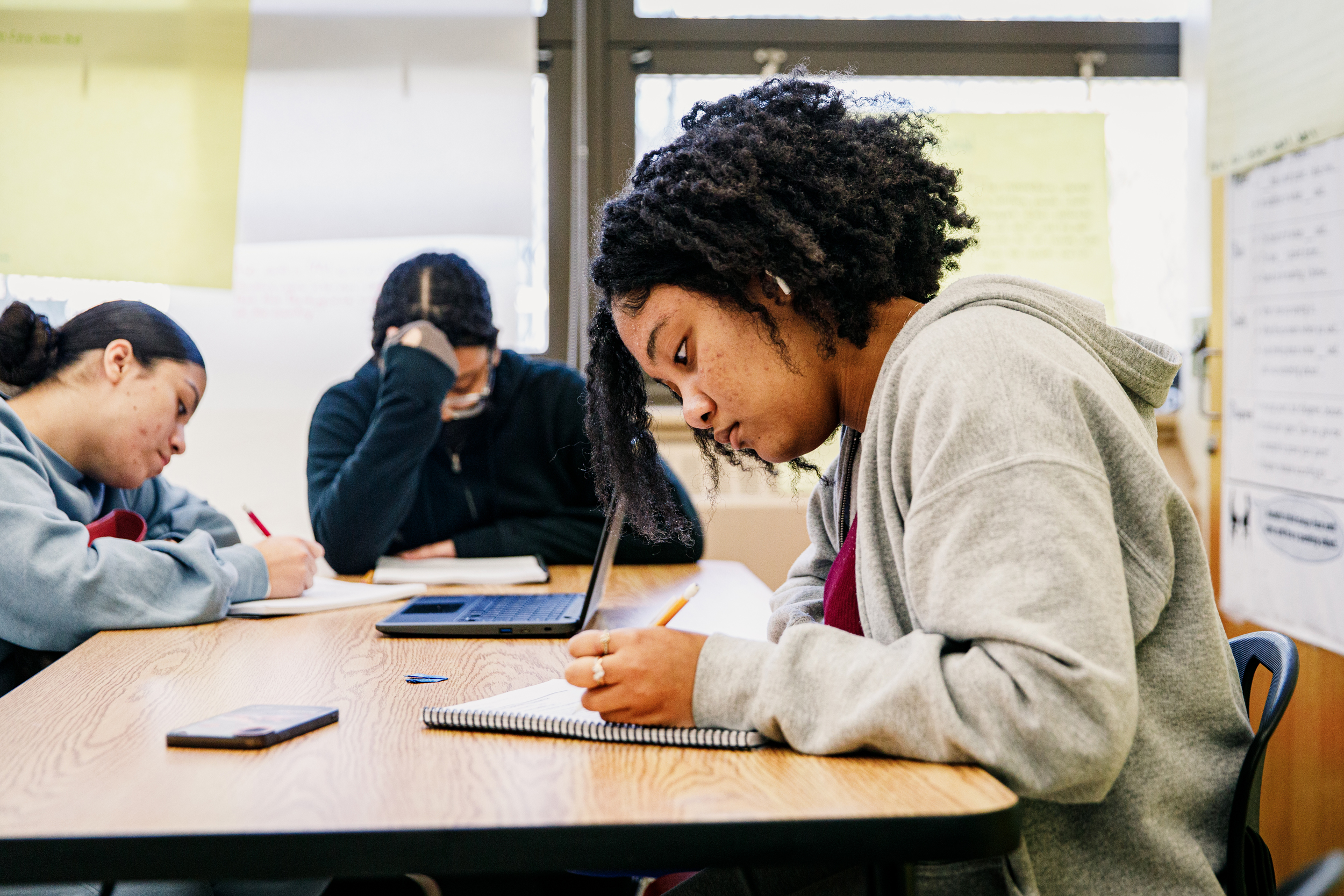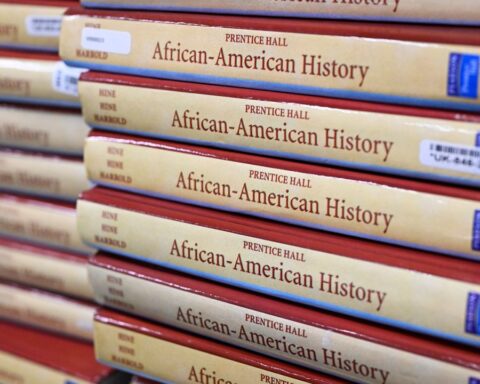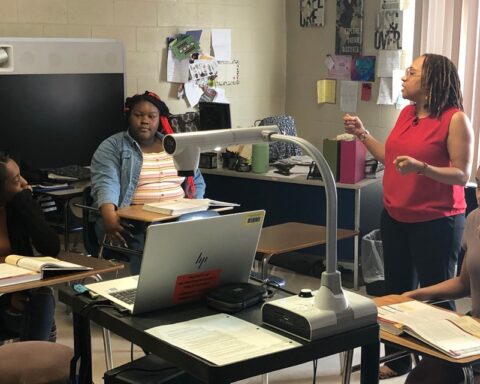By Jessica Washington
Not to promote bullying or anything, but it turns out that dogging something for months can be effective. After facing a ton of backlash from notable Black scholars, the College Board said they’d be revising their AP Black studies course again.
In a statement on Monday, the College Board announced that they’d be making the changes over the next few months. “We are committed to providing an unflinching encounter with the facts and evidence of African American history and culture,” they wrote.
Here’s a little refresher course for anyone who forgot about all the backlash. The new African American AP course pilot was initially met with a ton of fanfare from Black scholars, who praised the range of topics and experiences captured in the class. But after facing backlash from the right, the College Board amended the course, removing the works of renowned Black scholars like Kimberlé Crenshaw, who pioneered the legal theory of Critical Race Theory. The new course also relegated the Black Lives Matter Movement and reparations to optional subject areas.
The Root interviewed Black scholars about these changes back in February, and they did not hold back.
Ohio State University Professor Hasan Kwame Jeffries says that while he likes a lot of the course content, the fact that the Black Lives Matter movement and contemporary scholars have been made optional is very troubling.
“The very essence of African American studies as a discipline is to connect the past to the present,” says Jeffries. “And by lopping off and making some of this material optional and exploratory, that inherently makes [the content seem] less-than, whether they chose to do that or not.”
Jeffries is particularly concerned about the omission of foundational Black scholars like Crenshaw and Coates.
“It’s Jim Crow education. These are the major thinkers in the 21st century,” says Jeffries. “They are not optional for understanding the Black experience and the American experience, past and present. They are foundational. They are some of the best thinkers we have. And they should be front and center.”
Dr. Michael Ralph, Chair of Howard’s Afro-American Studies, echoes Jeffries’ concerns about the absence of Crenshaw and other Black feminist and intersectional scholarship and movement work in the course.
“Crenshaw’s concept of intersectionality is one of the most important and most influential contributions to social science and social theory we have yet seen,” says Dr. Ralph.
One major critique from scholars was that it appeared that the College Board was bending to folks on the right wing who wanted to white-wash the field of Black studies.
The danger of capitulating to these forces is real, says American University Professor Steven Taylor. Right or wrong, if the idea spreads that DeSantis can successfully bully an organization like the College Board to water down their curriculum, there’s no telling where this could lead, he says.
“It’s a disturbing trend and a hateful trend,” says Professor Taylor, “that is probably going to snowball into something bigger and something worse.”
Although they don’t say it outright, in their statement, the College Board does seem to concede that they were intentionally watering down the course to avoid it getting blocked by more conservative states and school districts. “In embarking on this effort, access was our driving principle—both access to a discipline that has not been widely available to high school students and access for as many of those students as possible. Regrettably, along the way, those dual access goals have come into conflict,” wrote the College Board.





